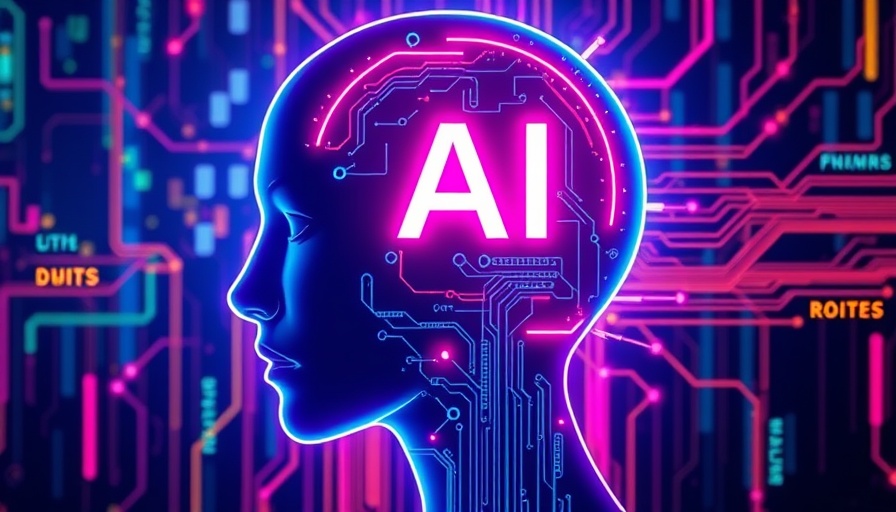
Understanding the Rise of AI Agents in the Workplace
In a rapidly evolving labor landscape, the integration of AI agents is no longer a distant concept but a looming reality. Industry leaders predict that while AI has already begun reshaping job roles, it's the future managerial position of ‘AI agent bosses’ that could redefine our understanding of work dynamics. Microsoft forecasts that by 2028, there will be 1.3 billion AI agents in operation – a staggering figure that reflects the ambition of major tech players to cultivate an AI-driven enterprise ecosystem.
How AI Agents are Changing Management Dynamics
As companies like Salesforce move to replace thousands of traditional roles with AI-powered agents, the need arises for human employees to adapt to new management styles. Jared Spartaro, Microsoft's CMO of AI at Work, encapsulates this trend, suggesting that every employee will need to assume an entrepreneurial mentality, managing and overseeing their own fleet of AI agents.
Cultural Shifts Required for AI Management
One of the most significant barriers to this shift is the existing corporate culture. According to Microsoft's Work Trend Index, there is a notable divide between how familiar corporate leaders feel with AI (67%) versus their employees (40%). This knowledge gap can hinder the smooth introduction of AI agents into management practices, causing concern among workers about job security and management integrity.
Employee Sentiment Towards AI Supervision
Understanding employee sentiment towards AI oversight is crucial; data indicates that while many are open to collaborating with AI (75%), they are wary of being managed by these agents. A recent Workday survey reported that only 30% of employees are comfortable under an AI's guidance. This hesitance highlights the necessity for businesses to cultivate a climate of trust and dialogue, addressing concerns and illustrating the benefits of adopting AI management structures.
The Path Forward: Training and Governance
To effectively transition into a future where AI agents are commonplace, companies must invest in training and governance structures designed to promote a culture of AI-empowered oversight. Organizations should focus on building skills for managing AI while nurturing an environment that fosters open discussions about employee concerns surrounding AI technologies.
Final Thoughts on AI Governance and Workplace Culture
With predictions hinting at the inevitability of AI management roles, companies should act proactively by strategically integrating AI into their workforce. By addressing the cultural and skill gaps, businesses can not only develop a more adaptive workforce but also enhance overall productivity in a fast-paced technological environment.
As we witness a shift toward AI collaborative roles, it’s imperative for current and aspiring leaders to embrace this change and prepare accordingly. Prepare your strategies and skills today to lead effectively as the workplace evolves.
 Add Row
Add Row  Add
Add 




Write A Comment